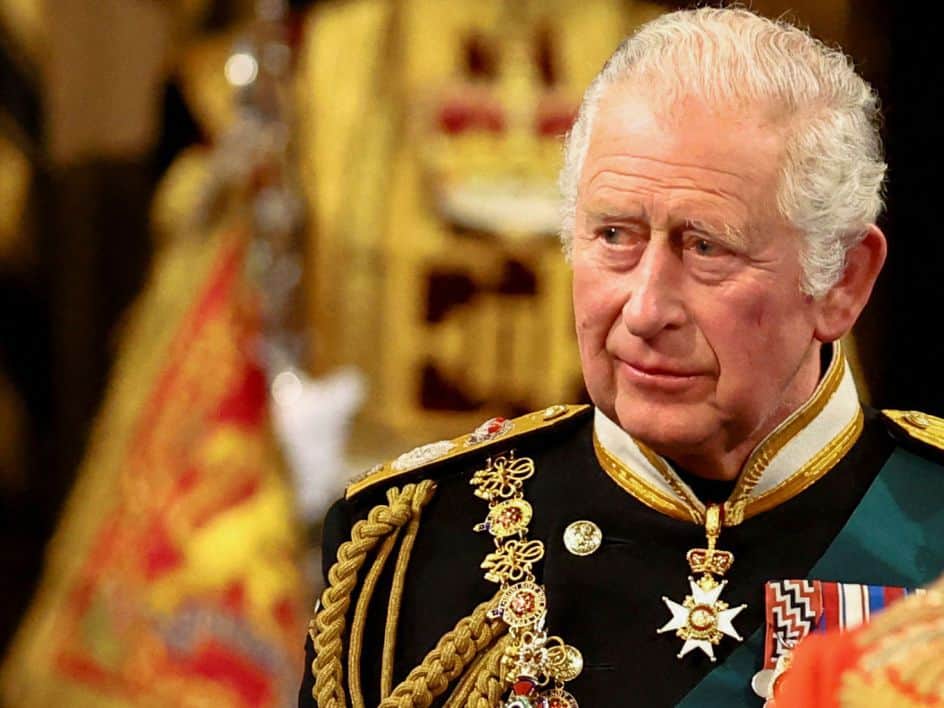The question of ‘what does the Commonwealth do?’ remains a persistent one.
When Commonwealth heads of government gather in Samoa next week it will be their first in the Pacific islands region and the first time with a British king. The logistical challenges to host the inelegantly named CHOGM – sounds like “jog-em” but with a “ch” – are huge for the Polynesian nation located halfway between Hawaii and New Zealand. The outcomes, maybe not so.
Three-thousand delegates will temporarily swell the capital Apia’s population by 10 percent. Villages have enthusiastically adopted Commonwealth countries, flying their flags in welcome. Accommodation is tight and food has been stockpiled, amid shortages due to a feral pig plague destroying staple crops. Preparations have not been helped by the sinking of the New Zealand navy’s RNZS Manawanui. Samoa and the United Kingdom are in discussion over continuing efforts to contain oil leaking from the ship after King Charles III arrives, given the levels of security required. He will be accommodated close to the wreck’s no-go zone.
CHOGM is another international club in which Pacific island leaders can forge relationships, and is notable for being home to many from the global South. The question of ‘what does the Commonwealth do?’ remains a persistent one. In years gone by, the Commonwealth Secretariat was a donor partner to many of its member countries, but its performance was considered to be weak, and this is no longer a key feature of its work.
The Commonwealth of nations comprises 56 “independent and equal” countries, nine are Pacific island nations – Fiji, Kiribati, Nauru, Papua New Guinea, Samoa, Solomon Islands, Tuvalu, and Vanuatu – and also Australia and New Zealand. The theme of the 26th edition of this biennial meeting is “One Resilient Common Future: Transforming our Common Wealth”.
Climate change will be front and centre for Pacific leaders and their delegations whilst in the capital Apia. For Secretary-General of the Commonwealth Patricia Scotland, it’s her swansong CHOGM. She is keen to progress conversations she had at the recent Pacific Island Forum Leaders’ Meeting in Tonga, where she stressed that “climate action” would be at the heart of the meeting.
Whilst in Apia, leaders will work to finalise an Oceans Declaration that “aims to accelerate initiatives for a healthy, sustainable and resilient ocean.” It is not clear how effective such a declaration can be, as one more among many. Perhaps more useful is the space CHOGM creates for leaders of small island states from across the world to strategise ahead of November’s COP29 meeting in Azerbaijan.
This will be the first time the Pacific has had a visit from a British king. Another first is Charles III attending CHOGM this year as head of the Commonwealth. His presence crystallises the centrality of environmental concerns, given his long-standing interest and advocacy. He is no stranger to the region, having visited the then Territory of Papua in 1966, and most of the former British Pacific colonies since, except Nauru and Samoa, whilst he was Prince of Wales.
Neither China nor the USA are members of the Commonwealth. However, their geopolitical struggle is playing out in many of the countries that will be represented next week, including those in the Pacific. Given that the bulk of the members are relatively young, issues of sovereignty and influence are important and can be sensitive.
The Commonwealth of Nations brings together countries that comprise around 30 percent of the world’s population. Membership is no longer limited to former British colonies, with Gabon and Togo recently accepted into the group. Admission is based on a country’s adherence to the principles that are contained in the Commonwealth Charter: democratic values, human rights, the rule of law, tolerance, and peace.
One of the key concerns across the globe, and in the Pacific, is a retreat from democracy. Most Pacific members of the Commonwealth can point to elections being held that generally pass muster when it comes to observers’ reports. Often the Commonwealth provides those observer missions to these countries but only PNG, Fiji, Vanuatu and Solomon Islands in the Pacific have invited and received that scrutiny. When it comes to other aspects of the Commonwealth Charter, there are significant concerns. They include suppression of media freedom, attacks on the judiciary, widespread violence against women and girls, and maintenance of homosexuality as a criminal offence.
Previously, the Commonwealth has used the threat of suspension to express concern or disapproval of a member state’s anti-democratic stance. Fiji was suspended in the wake of the 2006 military coup by Frank Bainimarama. It is fair to say that the suspension did not have a huge impact on Fiji, given the other relationships the country pursued during that time including with China, Russia and Indonesia. Bainimarama though was happy enough to accept his country’s reinstatement by the Commonwealth after the 2014 elections, so there was some perceived benefit to resuming that connection.
As CHOGM convenes in Apia, the Pacific members will have an important role to play in discussions. The emphasis on climate action and the strategic importance of regional relationships is crucial. No doubt this is a historic occasion for Samoa and there will be hopes of a tourism dividend after being in the international spotlight. More broadly it seems unlikely, when the communique is released, that this meeting will deliver anything to significantly progress Pacific concerns and challenges.
Dr Tess Newton Cain is principal consultant at Sustineo and an adjunct associate professor at the Griffith Asia Institute at Griffith University in Brisbane, Australia.
The opinions expressed in this article are those of the author and do not necessarily reflect the opinions of this publication.
